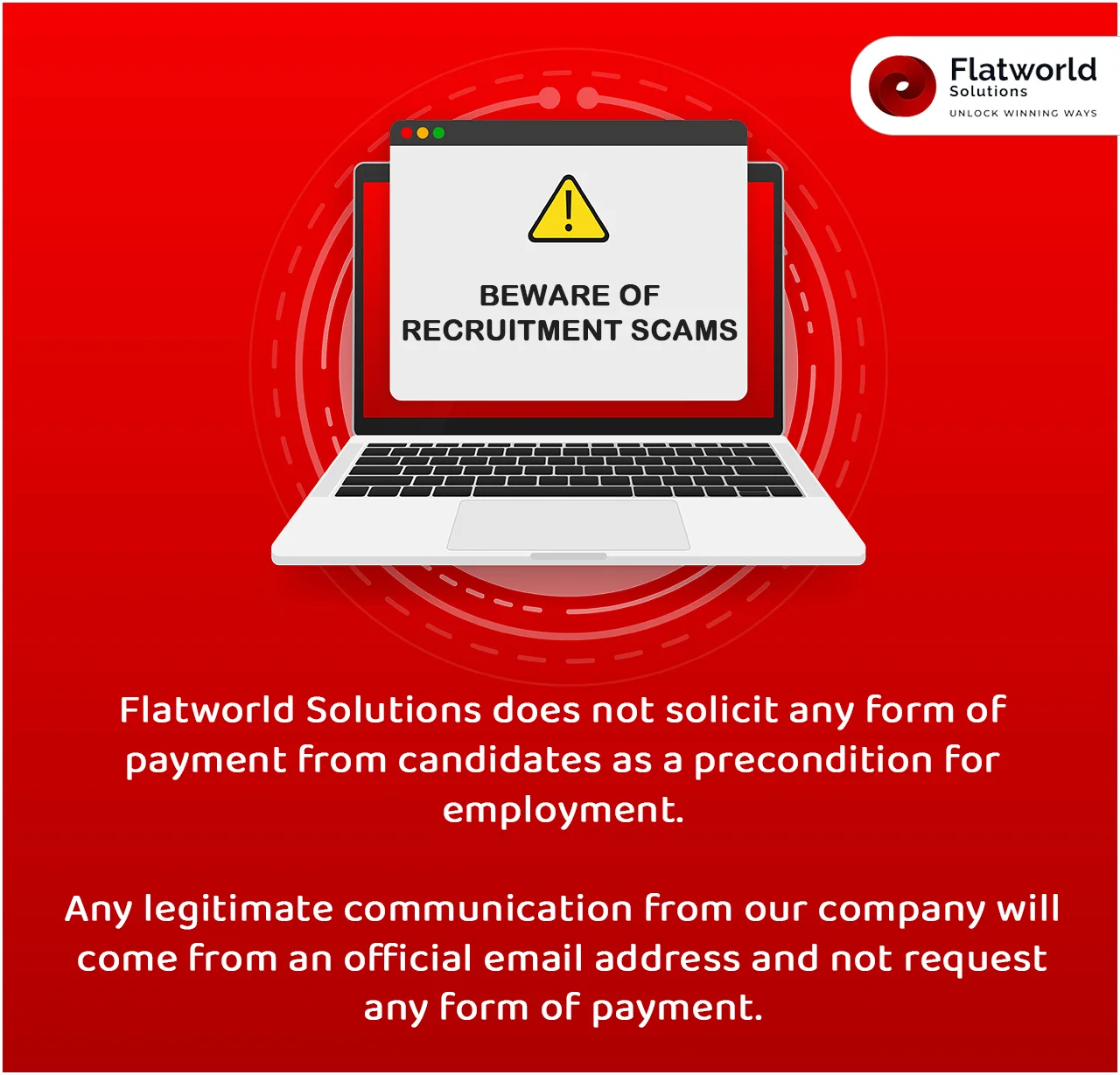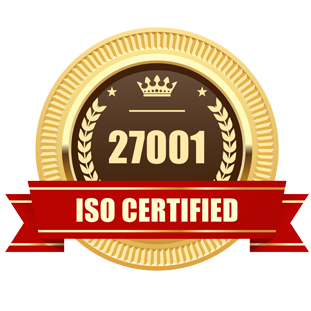The last twenty years have radically transformed business activities worldwide through outsourcing. Countries such as India and the Philippines have become the linchpins in the business process outsourcing (BPO) market, creating seismic shifts in efficiency, scalability, and profitability. The Philippines call center is undoubtedly the world's call center capital among these worldwide leaders today.
As of 2025, the call center industry in the Philippines holds more than 16% of the world's outsourcing market share and employs a whopping 1.8 million experts. The call center sector adds about $38 billion each year to the country's economy, further establishing it as the backbone of Filipino economic development and providing a successful, youth-led job market.
Even in the midst of global economic uncertainty and technology disruptions such as AI and automation, the Philippines call center industry has continued to evolve and flourish. It has maintained its global reputation, solidifying the Philippines position as the undisputed hub for contact centers Philippines and customer support excellence.
How the Philippines Became the Call Center Capital of the World
The Philippines' rise to prominence as a global call center player was not an accident. It was driven by a combination of special demographic strengths, government policy, technology adoption, and worldwide demand for high-quality customer service. These combined efforts continue to elevate the Philippines call center market on the global stage.
-
Exceptional Literacy and Talent Pool
The Philippines has one of Asia's highest literacy rates at more than 96%. Its fresh college graduates, in excess of 500,000 each year, many of whom have majored in communication, IT, finance, health care, and business administration, represent a quality and specialized labor pipeline. This strong and specialized human resource pipeline guarantees that firms opting to outsource call centers to the Philippines can tap into well-educated and English-speaking manpower.
-
Cost-Effective, High-Quality Solutions
Though the labor cost in the Philippines is still 50% to 70% lower than in Western nations, the quality of service tends to be higher. Companies enjoy a unique balance of cost advantages and high-quality customer experience, a value proposition that has transformed the Philippines call center market into one of the most sought-after markets by companies from startups to Fortune 500 companies.
-
Strong Government Support and Proactive Policy
Maintaining the sector's growth is still largely dependent on the Philippine government. Entities such as TESDA provide targeted BPO training programs. Simultaneously, the Department of Information and Communications Technology (DICT) ensures the industry's modernization with investments in 5G, cloud infrastructure, cybersecurity, and AI innovation. This consistent support reinforces the Philippines call center industry's ability to scale with innovation.
Additionally, attractive tax incentives through PEZA make the country even more enticing for foreign investors aiming to establish a call center in the Phils.
-
Cultural Compatibility and Language Advantage
With almost 94% of the population being able to communicate in English, Filipinos are nearly native speakers of the language. Their natural, sympathetic, and successful talks with customers from the US, UK, Australia, and abroad are a result of their neutral accent, knowledge with Western culture, American idioms, and customer service etiquette. This enhances the Filipino brand customer service image globally.
What Sets Call Center Philippines Operations Apart from Competitors
Several distinct factors continue to distinguish the Philippines call center landscape in an increasingly competitive global BPO market -
-
24/7 Operations
Philippine call center agents offer true round-the-clock support, including weekends and holidays, to satisfy the demands of different time zones because of their adaptable work cultures and tenacious employees.
-
Tech-Enabled Operations
Leading contact centers Philippines are embracing AI-driven chatbots, predictive analytics, omnichannel CRM platforms, and cloud-based communication systems to optimize customer interactions. This digital edge keeps the Philippines call center industry highly competitive.
In 2025, AI augmentation — rather than AI replacement — is the mantra. The Filipino call center industry is successfully combining technology and human empathy to deliver superior hybrid customer experiences.
-
Superior Customer Experience (CX)
Beyond basic support, the focus is on emotional intelligence, upselling, customer loyalty, and strategic relationship management — a key hallmark of the Philippines reputation.
-
Specialized Industry Knowledge
Today, the call center Philippines sector isn't just about answering calls. It provides deep industry-specific support in healthcare, banking, retail, insurance, and e-commerce, through intensive agent upskilling and certifications.
Why Major Global Companies Choose the Philippines
Corporations with global footprints — often scaling from 3,000 to over 100,000 employees - see numerous strategic advantages when they outsource call centers to the Philippines -
-
Scalability and Rapid Expansion
The deep, young, and skilled workforce allows organizations to scale operations quickly to meet seasonal spikes or global product launches.
-
Significant Cost Optimization
The cost-effective solutions offered by Philippines call center providers allow businesses to save up to 60% on operating expenses while preserving service quality.
-
Omnichannel Proficiency
Today's customers engage through voice, chat, email, SMS, and social media. Philippines call center excel at seamlessly managing omnichannel experiences — a critical strength when offering outbound call center services and inbound support alike.
-
Security and Regulatory Compliance
With strict adherence to GDPR, HIPAA, and other global standards, Philippines call center providers ensure highly secure, compliant operations.
-
Continuous Innovation
Providers continually integrate new technologies like RPA, AI augmentation, speech analytics, and personalized CX innovations to stay ahead in the call center world.
Factors That Propelled the Call Center Philippines to Global Leadership
-
Industry Shift Toward Personalized Experiences
Filipino agents are culturally aligned to offer warmth and nuanced communication, key to the modern Philippines call center experience.
-
Expansion into Non-Voice Services
The call center industry in Philippines now excels across multiple channels, expanding into non-voice segments like email support, chat, technical helpdesks, social media care, and content moderation.
-
Economic Ripple Effects
The BPO boom has positively impacted real estate, retail, hospitality, and transportation across cities like Manila, Cebu, Davao, and Iloilo, reinforcing the Philippines' overall economic resilience.
-
Strong Private Sector Ecosystem
With advocacy and support from organizations like IBPAP, the Philippines call center continues to sharpen its global competitive edge.
Challenges the Filipino Call Center Industry Faces
Despite its dominance, the Philippines call center sector must navigate key challenges -
- Infrastructure strain due to rapid urbanization
- Gradual wage inflation
- Growing competition from emerging BPO markets like Vietnam and Colombia
- Potential political and regulatory hurdles
- Talent retention challenges due to attrition rates in high-stress environments
Conclusion
Even with competition and domestic challenges, the Philippines call center industry remains a world leader. With its formidable mix of human capability, cultural predisposition, government patronage, technology uptake, and customer-focus excellence, the nation continues to prove itself as the world call center capital.
Outsourcing call centers to the Philippines is still a successful business option for companies looking to expand quickly, provide individualized service, and save operating expenses. The Philippines outsourcing call center industry is prepared to provide top-notch outcomes, enhancing the reputation of Filipino brands in customer service for years to come, regardless of your needs, including inbound support, outbound call center services, technical helpdesks, or omnichannel CX operations.
Contact us right now to know more about our offerings and how we can help you achieve better customer satisfaction ratios.
Contact UsRecognized by Clutch: Our Top Badges
Avail best-in-class services at affordable rates
Our Customers





Key Differentiators
Case Studies
-
Enhancing Customer Experience- The Power of Efficient e-Commerce Product Catalog Management
-
Flatworld Delivered Comprehensive Call Center Services to the Top Motorcycle Insurance Provider in the UK
-
Flatworld Solutions Delivered Cold Calling and Appointment Setting Services to a Serial US-based Entrepreneur
-
Flatworld Delivered CCTV Surveillance Services to an Aluminum Recycling Company in the US
-
Flatworld Delivered Virtual Assistant Services to an Autism Therapy Provider

USA
Flatworld Solutions
116 Village Blvd, Suite 200, Princeton, NJ 08540
PHILIPPINES
Aeon Towers, J.P. Laurel Avenue, Bajada, Davao 8000
KSS Building, Buhangin Road Cor Olive Street, Davao City 8000
INDIA
Survey No.11, 3rd Floor, Indraprastha, Gubbi Cross, 81,
Hennur Bagalur Main Rd, Kuvempu Layout, Kothanur, Bengaluru, Karnataka 560077
FAQs
- Legal and Regulatory Costs - Obtaining necessary permits and documentation to launch operations.
- Technology and Equipment Costs - Purchasing computers, headsets, servers, etc.
- Office Setup and Furniture - Procuring ergonomic desks, chairs, and setting up the office environment.
- Infrastructure Setup - Installing internet, communication lines, and networking essentials.
Opting for an established BPO provider can significantly lower initial investment by eliminating the need for physical infrastructure and enabling quicker scaling.
- Staff Compensation and Benefits - Typically the largest ongoing cost, covering mandatory contributions and bonuses.
- Utility Costs - Payments for electricity, internet, and water.
- Software and Licensing Fees - Subscriptions for CRM tools and communication platforms.
- Maintenance and Supplies - Costs for equipment upkeep and daily operational needs.
- Training Programs - Ongoing education to enhance agent skills.
Many businesses opt for outsourcing to manage these costs effectively. Outsourced call centers in the Philippines provide all-inclusive pricing models, reducing financial unpredictability and improving budget control.
- Choosing the Right Business Model - Deciding between inbound, outbound, or non-voice services based on industry focus (e.g., finance, e-commerce, healthcare).
- Location Strategy - Weighing the benefits of physical versus virtual setups, with virtual setups offering greater flexibility and reduced overhead.
- Financial Planning - Preparing for expenses ranging from $9,000 to $15,000 for licenses, technology, staffing, and furnishings.
- Building a Skilled Team - Recruiting agents with strong English skills and adaptability to maintain service quality.
Outsourcing to experienced BPO providers allows businesses to bypass these early decisions, as they provide ready infrastructure, skilled staff, and customizable service models aligned with business goals.
- Employee Development Programs - Continuous training for handling diverse customer scenarios effectively.
- Leadership and Management Expertise - Hiring skilled leaders to oversee operations and ensure quality control.
- Robust Administrative Support - Streamlining HR and finance functions to improve efficiency.
- Commitment to Organizational Growth - Focusing on fostering a positive culture and employee well-being for long-term success.
Partnering with an experienced outsourcing provider lets companies bypass direct overhead while benefiting from advanced training programs, quality assurance processes, and expert management embedded in the BPO's framework.
- Competitive Labor Costs - The Philippines remains a cost-effective option with a skilled, English-proficient workforce. Salary differences across cities like Manila, Cebu, and Davao offer competitive rates.
- Infrastructure Investments - Focus on power backup, high-speed internet, and modern facilities for operational reliability.
- Adoption of Advanced Technologies - Integration of AI, cloud systems, and analytics tools to streamline workflows and enhance service delivery.
- Operational Overheads Beyond Tech -
- Training initiatives to boost performance.
- Management oversight to ensure operational efficiency.
- Administrative support to reduce friction in operations.
Outsourcing partners help businesses navigate these complexities by providing turnkey operational setups with integrated infrastructure, top talent, and cutting-edge technologies, enabling rapid scalability without bearing the full operational load.




